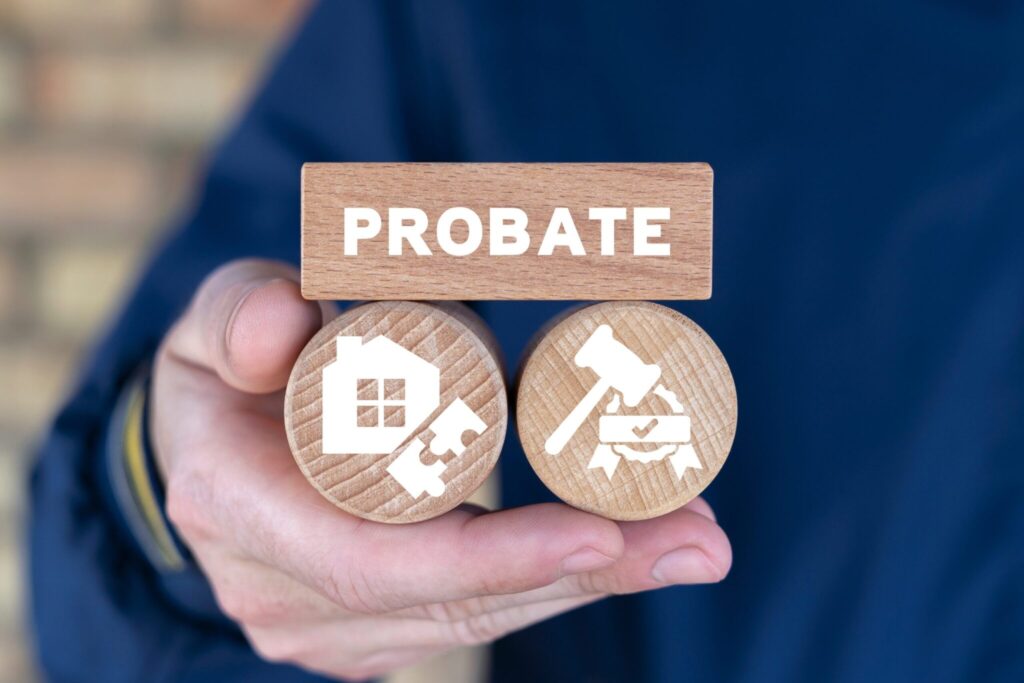Common Myths About Probate Explained
Many individuals hold misconceptions about probate, often fearing it as a lengthy and complicated process. Understanding these myths can help alleviate concerns and provide clarity about what probate truly involves.
For instance, a common myth is that all estates must go through probate, but this is not always the case. Certain assets, such as those held in trust or joint accounts, can bypass probate, streamlining the process for many families.
The Role of an Executor in Probate
The executor plays a crucial role in the probate process, acting as the personal representative of the deceased’s estate. This responsibility includes managing estate assets, paying debts, and ensuring that the final wishes of the deceased are honored.
Executors must also file necessary documents with the probate court and may need to navigate complex legal requirements. Understanding the duties and responsibilities of an executor can help families prepare for this significant role during a difficult time.
How to Contest a Will: A Step-by-Step Guide
Contesting a will can be a complex and emotional process, often initiated when there are concerns about the validity of the document or the circumstances under which it was created. Knowing the steps involved can empower individuals to make informed decisions.
This process typically involves gathering evidence, filing a petition with the probate court, and possibly attending hearings. Legal representation is often advisable to navigate the intricacies of contesting a will effectively.
Understanding Trusts and Their Benefits in Estate Planning
Trusts are an essential tool in estate planning, offering several advantages over traditional wills. They can help avoid probate, provide privacy, and offer greater control over how assets are distributed after death.
For example, a revocable living trust allows individuals to manage their assets during their lifetime and specify terms for distribution after their passing. This flexibility can be particularly beneficial for families with complex financial situations or specific wishes regarding asset management.
Common Myths About Probate Explained
Many individuals hold misconceptions about probate, often fearing it as a lengthy and complicated process. Understanding these myths can help alleviate concerns and provide clarity about what probate truly involves.
For instance, a common myth is that all estates must go through probate, but this is not always the case. Certain assets, such as those held in trust or joint accounts, can bypass probate, streamlining the process for many families.
The Role of an Executor in Probate
The executor plays a crucial role in the probate process, acting as the personal representative of the deceased’s estate. This responsibility includes managing estate assets, paying debts, and ensuring that the final wishes of the deceased are honored.
Executors must also file necessary documents with the probate court and may need to navigate complex legal requirements. Understanding the duties and responsibilities of an executor can help families prepare for this significant role during a difficult time.
How to Contest a Will: A Step-by-Step Guide
Contesting a will can be a complex and emotional process, often initiated when there are concerns about the validity of the document or the circumstances under which it was created. Knowing the steps involved can empower individuals to make informed decisions.
This process typically involves gathering evidence, filing a petition with the probate court, and possibly attending hearings. Legal representation is often advisable to navigate the intricacies of contesting a will effectively.
Understanding Trusts and Their Benefits in Estate Planning
Trusts are an essential tool in estate planning, offering several advantages over traditional wills. They can help avoid probate, provide privacy, and offer greater control over how assets are distributed after death.
For example, a revocable living trust allows individuals to manage their assets during their lifetime and specify terms for distribution after their passing. This flexibility can be particularly beneficial for families with complex financial situations or specific wishes regarding asset management.











